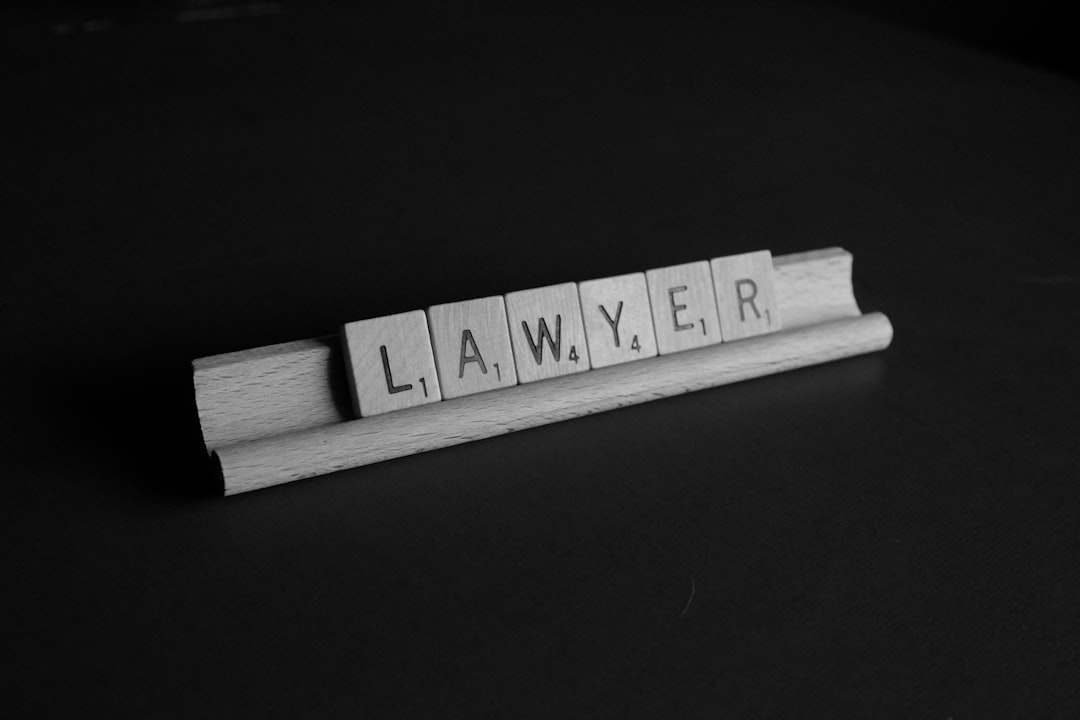Robocalls have become a significant privacy concern in South Dakota, prompting state and federal regulations under laws like the TCPA to protect residents from unwanted automated calls. South Dakotans can file complaints or consult robocall lawyers in South Dakota to address illegal calls and understand their rights. Notable court cases against telemarketers have awarded damages and set precedents for accountability, with a focus on companies using automated dialers without consent. These cases, led by robocall lawyers, have strengthened consumer rights and empowered South Dakotans against nuisance calls, resulting in stricter guidelines for businesses and a more robust consumer protection framework.
In the digital age, robocalls have become a ubiquitous yet unwanted aspect of daily life. This article explores recent court cases involving robocalls and their outcomes for South Dakotans, delving into the state’s legal framework governing these automated calls. We’ll analyze notable lawsuits against aggressive robocall practices, discuss consumer and business implications, and highlight the crucial role of robocall lawyers in South Dakota to protect consumers under stringent consumer protection laws.
Understanding Robocalls and Their Legal Framework in South Dakota
Robocalls, automated phone calls that deliver pre-recorded messages, have become a ubiquitous part of modern life for many South Dakotans. While some robocalls are from legitimate sources like banks or government agencies, others can be intrusive and deceptive, leading to concerns about privacy and consumer protection. In South Dakota, the legal framework surrounding robocalls is governed by both state and federal laws. The Telephone Consumer Protection Act (TCPA) at the federal level prohibits most automated phone calls without prior express consent, while South Dakota’s laws further protect residents from unwanted calls, particularly those made using auto-dialers or prerecorded messages.
When dealing with robocalls, South Dakotans have certain rights and options. If a resident feels their privacy has been invaded or they’ve received an unlawful robocall, they can take action by filing complaints with the Federal Communications Commission (FCC) or the South Dakota Division of Consumer Protection. Additionally, seeking legal advice from robocall lawyers in South Dakota can be beneficial when navigating the complexities of these cases. These professionals are well-versed in the latest legal developments and can help individuals understand their rights, seek compensation for unlawful calls, and ensure compliance with relevant regulations.
Notable Court Cases Against Robocall Practices
In recent years, South Dakotans have faced an increasing number of unwanted robocalls, leading to several notable court cases challenging these intrusive practices. One prominent case involved a class-action lawsuit against a telemarketing company for violating state and federal laws by making repetitive and unsolicited calls. The plaintiffs, represented by experienced robocall lawyers in South Dakota, argued that the excessive robocalls caused emotional distress and invaded their privacy. The court ruled in favor of the plaintiffs, awarding significant damages and setting a precedent for holding telemarketers accountable.
Another significant case centered around a company using automated dialers to make robocalls without proper consent. The lawsuit highlighted the need for strict adherence to the Telephone Consumer Protection Act (TCPA). The outcome resulted in a substantial monetary settlement, sending a clear message to businesses engaging in such practices that they must respect consumer rights and obtain explicit permission before making automated calls. These cases not only provide relief to affected individuals but also serve as a warning to companies attempting to utilize robocall tactics in South Dakota.
Outcomes and Implications for Consumers and Businesses
Recent court cases involving robocalls in South Dakota have had significant outcomes, shaping the legal landscape for both consumers and businesses. For consumers, these decisions have largely enhanced their rights against unsolicited phone calls, with penalties for violators increasing. This has given South Dakotans more control over their phone lines and helped reduce the number of annoying and deceptive robocalls they receive.
Businesses, particularly those engaged in telemarketing, must now adhere to stricter guidelines. Robocall lawyers in South Dakota have played a pivotal role in these cases, ensuring that companies respect consumer privacy and obtain proper consent before making automated calls. These rulings not only protect individual consumers but also foster trust among businesses operating within the state’s borders.
The Role of Consumer Protection Laws and Robocall Lawyers in South Dakota
In South Dakota, consumer protection laws play a pivotal role in mitigating the impact of unwanted robocalls. These state and federal regulations aim to safeguard residents from deceptive marketing practices, including excessive or nuisance calls. When violations occur, robocall lawyers in South Dakota step in to represent affected consumers. Their expertise lies in navigating complex legal frameworks and advocating for individuals who may have been misled or harassed by automated phone systems.
Robocall lawyers are instrumental in securing favorable outcomes for South Dakotans. They not only help win financial compensation for victims but also contribute to deterring future violations by holding offenders accountable. Through their efforts, these legal professionals ensure that consumer protection laws remain effective, providing a layer of defense against the deluge of robocalls that can often feel overwhelming and invasive.






